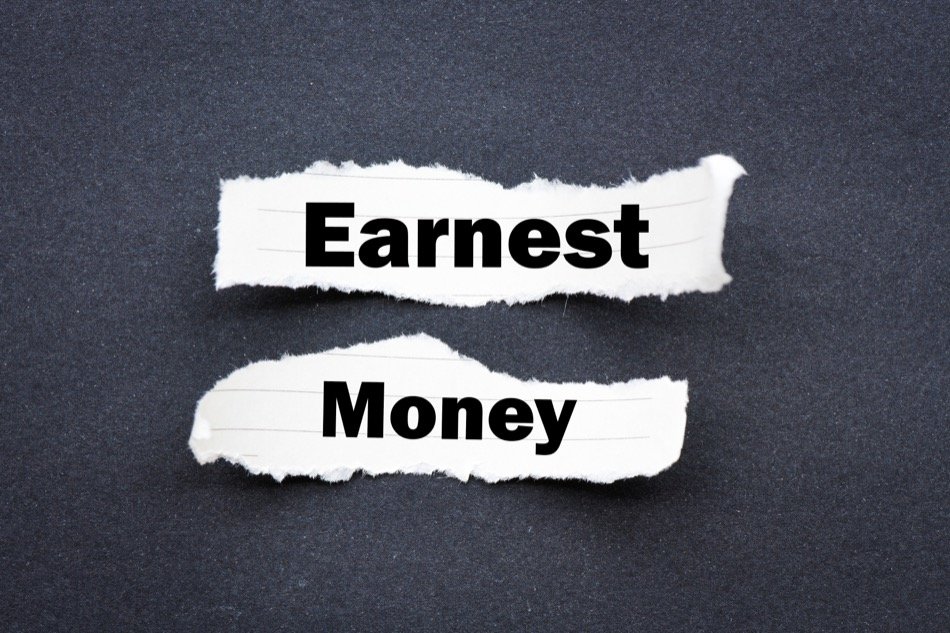How to Navigate an Earnest Money Deposit
Posted by Justin Havre on Tuesday, October 29th, 2019 at 9:38am.
 An earnest money deposit is also called an initial deposit, and it's typically made to show the seller just how serious a buyer is. There are several things to note before handing over several thousands of dollars though. Not only can earnest money deposits tie up money, which could otherwise be used for a more suitable property, but there is a possibility the earnest money deposit can be lost to the seller. Learn more about what it takes to navigate this process so it's mutually beneficial to City Centre home buyers and sellers.
An earnest money deposit is also called an initial deposit, and it's typically made to show the seller just how serious a buyer is. There are several things to note before handing over several thousands of dollars though. Not only can earnest money deposits tie up money, which could otherwise be used for a more suitable property, but there is a possibility the earnest money deposit can be lost to the seller. Learn more about what it takes to navigate this process so it's mutually beneficial to City Centre home buyers and sellers.
For informational purposes only. Always consult with a financial advisor before proceeding with any real estate transaction.
The Basics
Earnest money is not required for home sales, and it's entirely negotiable. It's typically 1% to 2% of the total price of the home, though some people will pay up to 10% for heavily competitive properties. However, buyers are highly encouraged to limit themselves to 3%, simply because earnest money may be held for weeks or even months until it's returned.
The seller's broker or the title company will usually hold the money and then put it toward the down payment and closing costs upon transfer. Real estate agents recommend it for buyers who want to go above and beyond in seller's markets. It can significantly increase the buyer's chances of securing the home when done correctly. If the seller rejects the offer, they will return the earnest money deposit.
Understanding Contracts
The contract of a home sale is unique to every property, and it's all too easy for buyers to neglect a clause or two. Any discrepancy may lead to the forfeiture of the earnest money deposit. For example, if the seller includes a hard closing date in the contract, they may be allowed to keep the money if the buyer doesn't comply. In other words, a strict contract can lead to losing both the property and the deposit.
It's also important for buyers to be strong when it comes to contingencies. While it's perfectly understandable to give sellers a little leeway in a competitive market, buyers should never waive their right to a home inspection. They should also keep the traditional funding clause in their purchase offer. This will protect the buyer in case the loan company decides to back out of the sale. Finally, buyers should stay strong about any agreed-upon contingencies. If the seller promises to replace the water heater but never gets around to it, this is grounds for backing out of the sale and reclaiming the deposit money.
Gauge the Room
Sellers aren't necessarily expecting an earnest money deposit unless they're located in a tight market.
- Buyers shouldn't necessarily be afraid of earnest deposit money. After all, buyers are required to provide a down payment soon after they've made the offer, so it's not necessarily even wasting much time.
- Buyers should appear eager - but not too eager. A seller may try to take advantage by insisting on selling the home as-is or by refusing to make necessary repairs.
An earnest deposit is not always necessary or even recommended, but it can do wonders to show sellers just how much a buyer wants the home. When it comes to distinguishing one offer from another, the deposit can really seal the deal. It shows sellers the buyer is willing to go the extra mile for the property.
For informational purposes only. Always consult with a financial advisor before proceeding with any real estate transaction.
